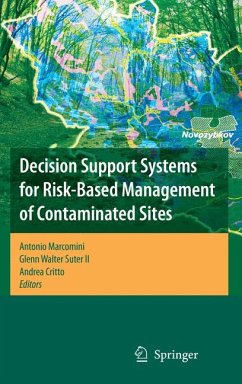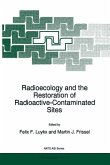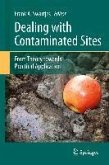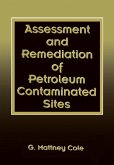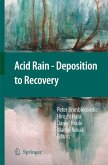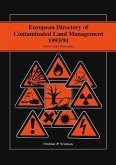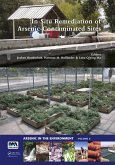Decision Support Systems for Risk-Based Management of Contaminated Sites addresses decision making in environmental risk management for contaminated sites, focusing on the potential role of decision support systems in informing the management of chemical pollutants and their effects. Considering the environmental relevance and the financial impacts of contaminated sites all over the post-industrialized countries and the complexity of decision making in environmental risk management, decision support systems can be used by decision makers in order to have a more structured analysis of a problem at hand and define possible options of intervention to solve the problem.
Accordingly, the book provides an analysis of the main steps and tools for the development of decision support systems, namely: environmental risk assessment, decision analysis, spatial analysis and geographic information system, indicators and endpoints. Sections are dedicated to the review of decision support systems for contaminated land management and for inland and coastal waters management. Both include discussions of management problem formulation and of the application of specific decision support systems.
This book is a valuable support for environmental risk managers and for decision makers involved in a sustainable management of contaminated sites, including contaminated lands, river basins and coastal lagoons. Furthermore, it is a basic tool for the environmental scientists who gather data and perform assessments to support decisions, developers of decision support systems, students of environmental science and members of the public who wish to understand the assessment science that supports remedial decisions.
Accordingly, the book provides an analysis of the main steps and tools for the development of decision support systems, namely: environmental risk assessment, decision analysis, spatial analysis and geographic information system, indicators and endpoints. Sections are dedicated to the review of decision support systems for contaminated land management and for inland and coastal waters management. Both include discussions of management problem formulation and of the application of specific decision support systems.
This book is a valuable support for environmental risk managers and for decision makers involved in a sustainable management of contaminated sites, including contaminated lands, river basins and coastal lagoons. Furthermore, it is a basic tool for the environmental scientists who gather data and perform assessments to support decisions, developers of decision support systems, students of environmental science and members of the public who wish to understand the assessment science that supports remedial decisions.
Dieser Download kann aus rechtlichen Gründen nur mit Rechnungsadresse in A, B, BG, CY, CZ, D, DK, EW, E, FIN, F, GR, HR, H, IRL, I, LT, L, LR, M, NL, PL, P, R, S, SLO, SK ausgeliefert werden.
From the reviews:
"This three-part work is a compilation of articles summarizing the state of the art of decision support systems (DSS) as they are used in the management of contaminated sites. ... Each chapter describes a specific tool, first outlining its structural elements, then providing an example case study. ... The overall breadth of the tools ... provides an excellent foundation in this emerging field. ... This volume will be of interest to community planners, agency personnel, and environmental/legal professionals. Summing Up: Recommended. Graduate through professional collections." (B. Bero, Choice, Vol. 47 (2), October, 2009)
"This three-part work is a compilation of articles summarizing the state of the art of decision support systems (DSS) as they are used in the management of contaminated sites. ... Each chapter describes a specific tool, first outlining its structural elements, then providing an example case study. ... The overall breadth of the tools ... provides an excellent foundation in this emerging field. ... This volume will be of interest to community planners, agency personnel, and environmental/legal professionals. Summing Up: Recommended. Graduate through professional collections." (B. Bero, Choice, Vol. 47 (2), October, 2009)

